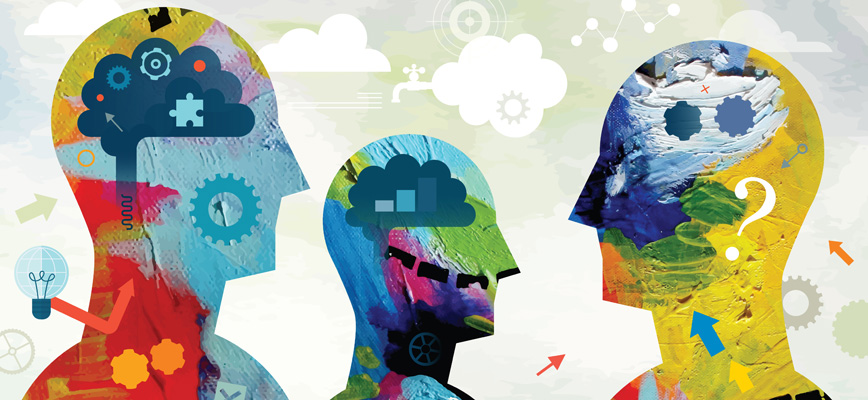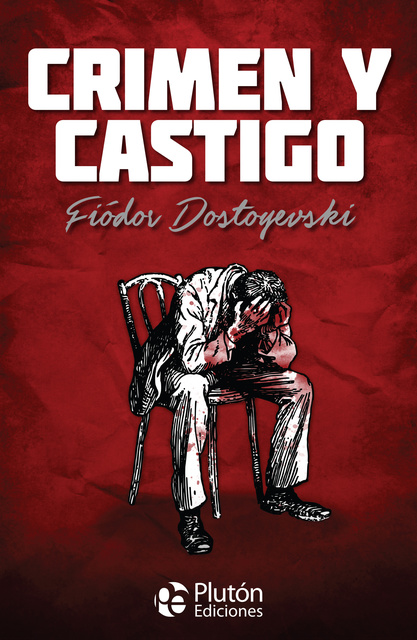Written Assignments
GA1-240202501-AA1-EV03. Folleto
GA2-240202501-AA1-EV03: Crónica
Pável Dúrov
In 2006 he graduated from St. Petersburg State University with a degree in English
philology. While preparing to become an interpreter and translator he created an
online bookstore (durov.com) for his classmates to share notes and books.
In 2006
the Delovoy Peterburg newspaper published an article about the university forum.
He met with Vyacheslav Mirilashvili and his father and funded the project in
November 2006 as VKontakte (VK).
In 2007 VK had 3 million users. It was originally intended to be a student social
network, but soon parents, grandparents and younger siblings were added.
In 2010 the Recording Industry Association of America ranked "VKontakte" as the
second largest illegal music distributor in the world.
second largest illegal music distributor in the world.
In 2011, the Office of the United States Trade Representative placed VKontakte
among the most significant pirate databases. Unsuccessful claims and lawsuits
were initiated. Drurov is known for his libertarian ideas and belief in the freedom to
share files.
In 2012, VK had 150 million users.
On August 14, 2013, the Telegram app was officially announced.
On April 16, 2014, Durov publicly refused to hand over data of Ukrainian protesters
to Russian security agencies and to block some pages on VK claiming that the
requests were illegal.
On April 21, 2014, Durov was fired as CEO of VK. The company said it acted on a
resignation letter written by Durov a month earlier and which he did not withdraw.
In 2014, Dúrov left Russia and stated that he had no plans to return and that the
country was incompatible with internet business at the time.
GA2-240202501-AA2-EV03: Documento escrito
GA4-240202501-AA1-EV02 - Mapa mental
GA4-240202501-AA1-EV03 - Blog
Critical Thinking and Media Literacy
Critical thinking and media literacy are essential skills in today's information-rich world. They are closely related and mutually reinforcing, as media literacy requires critical thinking skills, and critical thinking is crucial when consuming and analyzing media.
Critical thinking involves objectively evaluating information, arguments, or claims by considering evidence, logic, and reasoning. It requires questioning assumptions, examining biases, and being open to different perspectives. Critical thinkers actively seek reliable sources, verify information, and analyze it for accuracy, credibility, and relevance.
Media literacy, on the other hand, refers to the ability to access, analyze, evaluate, and create media content in various forms, including print, digital, and social media. It involves understanding how media messages are constructed, the techniques used to shape public opinion, and the impact of media on individuals and society. Media literacy empowers individuals to be informed, discerning consumers of media and active participants in the digital landscape.
When combined, critical thinking and media literacy enable individuals to navigate the vast amount of information available and make informed judgments. Here are some key aspects of their importance:
Evaluating credibility: Critical thinking skills help in assessing the credibility and reliability of media sources. Media literacy empowers individuals to identify biased or misleading information and recognize the difference between facts and opinions.
Analyzing media messages: Media literacy involves deconstructing media messages to understand their purpose, target audience, and underlying assumptions. Critical thinking helps individuals examine the evidence, logic, and persuasive techniques used in media content.
Recognizing bias and perspective: Both critical thinking and media literacy enable individuals to recognize bias, spin, and vested interests in media narratives. They encourage questioning assumptions and seeking alternative viewpoints.
Avoiding misinformation and manipulation: With the rise of misinformation and "fake news," critical thinking and media literacy are crucial in identifying and debunking false information. They promote fact-checking, cross-referencing sources, and critically assessing claims.
Empowering active citizenship: Critical thinking and media literacy foster active citizenship by encouraging individuals to engage critically with media content, participate in public discourse, and make informed decisions based on reliable information.
"Crime and Punishment" is a novel written by Russian author Fyodor Dostoevsky. First published in 1866, it is considered one of the greatest literary works of all time and a significant contribution to the genre of psychological fiction.
The novel follows the story of Rodion Raskolnikov, a poor ex-student living in Saint Petersburg, Russia. Raskolnikov is driven to commit a brutal murder of a pawnbroker and her sister due to his theory that extraordinary individuals have the right to transgress moral boundaries for the greater good. However, he is tormented by guilt and inner turmoil following the crime.
Throughout the novel, Dostoevsky delves into Raskolnikov's psyche, exploring the moral, psychological, and philosophical implications of his actions. Raskolnikov's internal struggle and subsequent redemption form the central theme of the novel.
The narrative also introduces various other characters who play important roles in Raskolnikov's life, including Sonya Marmeladova, a young woman forced into prostitution to support her family, and Porfiry Petrovich, a clever detective who suspects Raskolnikov's involvement in the crime.
"Crime and Punishment" explores a wide range of themes, such as morality, guilt, redemption, justice, and the nature of evil. It offers a profound examination of the human condition and the consequences of one's actions.
The novel's title refers to the dualistic nature of the narrative, with the crime representing the transgression, and the punishment symbolizing the internal and external consequences Raskolnikov faces.
"Crime and Punishment" continues to be widely read and studied for its rich character development, psychological depth, and exploration of moral dilemmas. It remains a classic in world literature, showcasing Dostoevsky's ability to delve into the complexities of the human mind and society.








Comentarios
Publicar un comentario